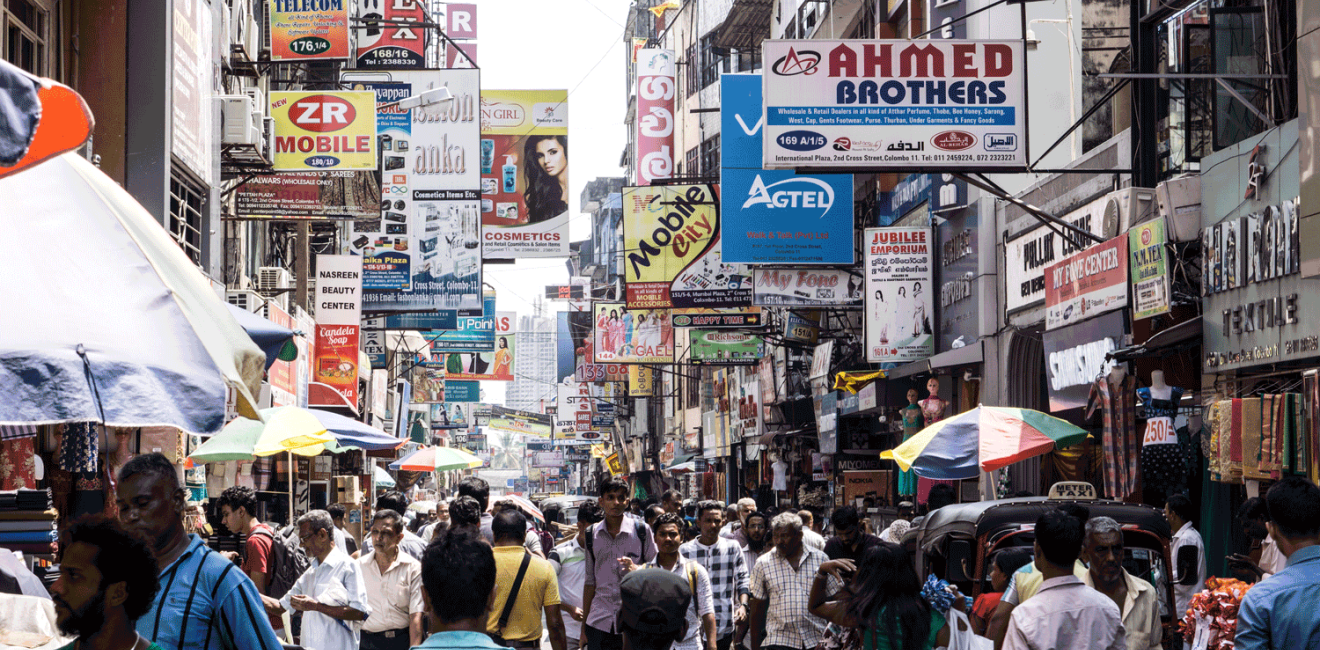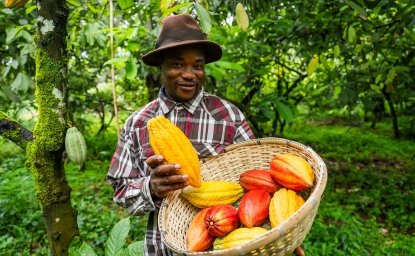
A blog of the Wilson Center

The Mayor of Colombo, Sri Lanka, Says the Capital City Only Has Enough Food to Last Until September.
Sri Lanka, formerly known to the West as Ceylon, was once seen as an economic and democratic success. It had a rapidly growing middle class, and one of the highest median incomes in South Asia. After the three-decade-long civil war ended in 2009, Sri Lanka had many willing lenders and high international support, and the country's foreign reserves rose to over $6 billion. But a series of economic crises have rocked the daily lives of citizens in recent months, and driven them to despair and anger. The level of that anger became clear when citizens stormed—and then occupied—the president’s residence, with protestors even swimming in his personal pool. Angry protestors have continued to swarm to the capital and the home district of the ruling family, burning homes of politicians and tearing down monuments.
But in the COVID-19 era, many countries have faced economic downturns. So what makes Sri Lanka different? At least two elements.
First, the intensity of Sri Lanka’s economic problems has spilled over into the daily lives—and daily choices—of its citizens. Some months back, the government defaulted on its debt to China, and rapidly depleted its foreign reserves. That led to the collapse of Sri Lankan currency and the country’s inability to pay for necessary imports like food and fuel, which in turn fueled skyrocketing inflation. Just last month, food prices rose by over 80%. The price of rice, the staple of the Sri Lankan diet, has risen from about 155 Rupees in July 2021 to 240 Rupees in one year. A recent report suggests that 70% of the country's families have cut down on food since the start of the year.
Second, most Sri Lankans trace their plight back to President Gotabaya Rajapaska and Prime Minister Ranil Wickremesinghe and decisions they’ve made in recent years. Incurring significant debt with lenders like China, reports of corruption and extravagant lifestyles, and increasing oppression of government critics have given frustrated citizens a ripe target for their outrage. Faced with escalating protests and social unrest, President Rajapaska fled the country, and PM Wickremesinghe vowed to resign. Yet on July 20th Parliament elected Wickremesinghe as President, inflaming public outrage further. Protestors point to this designation as an example of the systemic corruption rampant among Sri Lanka's ruling elite.
Many countries are facing headwinds from the pandemic and Russia’s war on Ukraine. But not all of them will go through the unrest that we’re seeing in Colombo. The difference may be that while COVID and conflict are causing problems everywhere—from Argentina to Zambia—in some places they’re also revealing problems…problems of leadership and decision making.
Author

Explore More in Stubborn Things
Browse Stubborn Things
Spying on Poachers

China and the Chocolate Factory

India: Economic Growth, Environmental Realities
